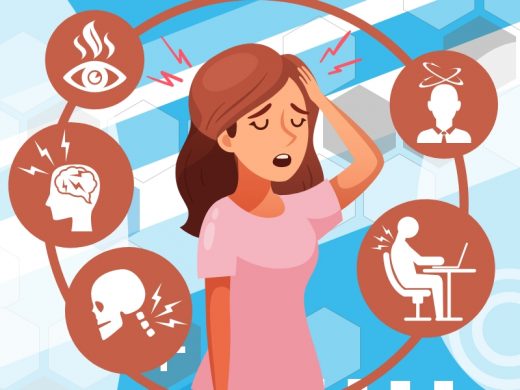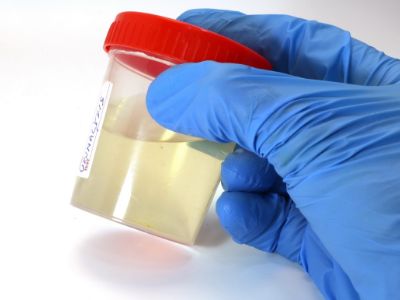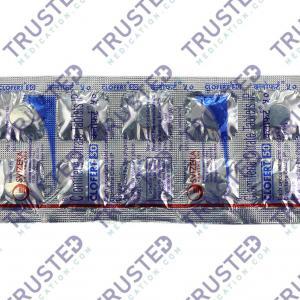
Headaches are a common condition that most people will experience many times. The main symptom of a headache is a pain in your head or face. This can be throbbing, constant, sharp, or dull. Headaches are a major cause of unproductivity at work and school. They also take a toll on social and family life. Chronic headaches can cause some people to feel anxious and depressed.

Headache Symptoms that Require Immediate Help
- Headache with a fever
- Shortness of breath
- Headache that comes along with stiff neck and rash
- Headache pain that causes sleeping trouble
- Headaches with severe nausea and vomiting
- Headaches that occur after a head injury or accident
Types of Headache
- Primary headaches. It is not a symptom of an underlying medical condition. While the pain from primary headaches can be disabling, the headaches are not dangerous.
- Secondary headaches. It is a symptom of a disease that can activate the pain-sensitive nerves of the head. Conditions vary from mild to severe and can cause secondary headaches.
Headache VS Migraine
Headaches are unpleasant pains in your head that can cause pressure and ache. The pain can range from mild to severe, and they usually occur on both sides of your head. Some specific areas where headaches can occur include the temples, forehead, and back of the neck.
Migraine, on the other hand, is usually possible to separate migraine headaches into two categories: migraine headaches with aura and migraine headaches without aura. An aura refers to sensations a person experiences before they get a migraine.
Typical Causes of Headaches
- Cluster headaches. Cluster headaches are the most severe type of primary headache. They occur one to eight times per day during a cluster period, which may last longer.
- New daily persistent headaches. It comes on suddenly and lasts for more than three months. They typically occur in people who weren’t having frequent headaches before.
- Tension headaches. These are common types of headaches that are mild to moderate. It may also cause throbbing pain.
- Medication use. It affects up to 5% of people. They happen when you frequently take pain relievers for headaches. Eventually, this practice can actually increase your number of headaches
- Sinus congestion. Sinus headaches are the result of a sinus infection, which causes congestion and inflammation in the sinuses.
Other Causes of Headache include:
- A disease of blood vessels in the brain
- Headache induced by head injury
- Hypertension
- Infections
- Tumor
- Trauma

Diagnosing Headaches
Your doctor may take more tests to look for other medical conditions that may be causing your headaches or migraines. Diagnostic includes:
- Blood chemistry and urinalysis
- CT scan
- MRI scan
- Eye exam
- Sinus X-ray
Treatment for Headache
Aside from resting or getting some massage, you can also take over-the-counter products such as pain relievers. For persistent pain you can take:
- Nucoxia 90mg tablet
- Suminat 100mg
- NSAIDs
- Advil
- Tylenol
- Aspirin









